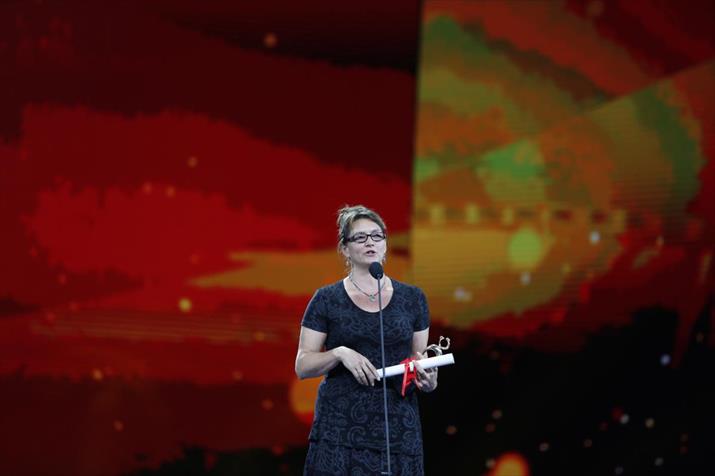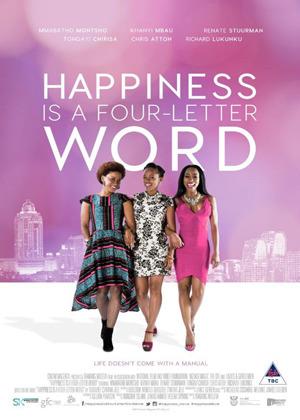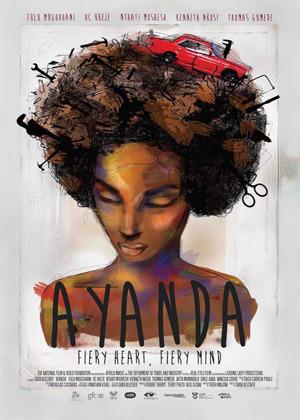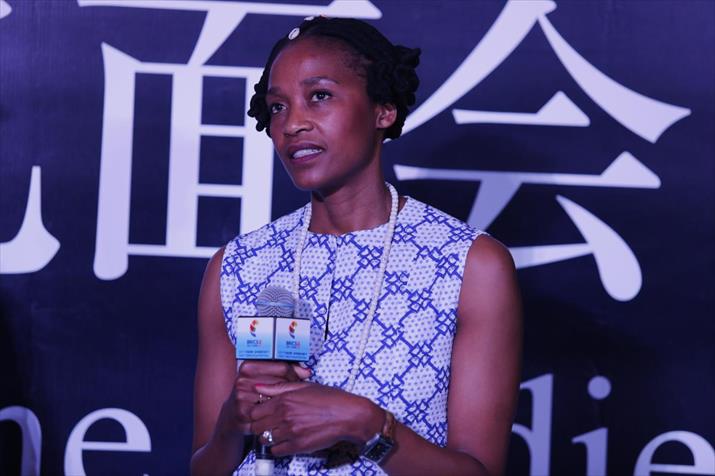|
||||||||||
| Home Nation World Business Opinion Lifestyle ChinAfrica Multimedia Columnists Documents Special Reports |
|
||||||||||
| Home Nation World Business Opinion Lifestyle ChinAfrica Multimedia Columnists Documents Special Reports |
| Lifestyle |
| Directing Their Future |
| Women claim their place in South Africa's burgeoning film industry |
| By Sudeshna Sarkar and Xia Yuanyuan | VOL.9 August 2017 ·2017-08-03 |

Being a white South African didn't make Sara Blecher part of a privileged community even during apartheid. "On my grandfather's side we are Lithuanian Jews and he was the only one who escaped while the rest of the family was murdered during World War II," she said. "Even though I am white, I am on the wrong side of history."
Something else added to her struggles: her decision to become a film director at a time when the South African film industry was dominated by men.
"To me, heaven was sitting in a movie theater and watching movies," Blecher described her childhood, with her mother being a theater director. "I never thought there was any other possibility other than making films."
Her films have a maverick element. Though she speaks English, her three feature films are in Zulu, Sotho and Afrikaans respectively - all official languages in the country. Ayanda, her 2015 story of a young girl who decided to restart her father's garage, won the Jury's Special Award at the Second BRICS Film Festival in Chengdu, southwest China's Sichuan Province.
"I hope BRICS can show the world diversity and be a counterpoint to the Hollywood culture where everything is the same," she said. "In addition, I hope to be a counterpoint to that culture that covers the world with Coca-Cola and McDonald's."
For this, the mother of three feels it is important to make films in other languages than English. "The world is multicultural and we have to talk to all that audience," she said.


Ayanda evolved partly from her desire to show her daughter a young girl "who's not the one we see in Hollywood." She said she wanted to create a strong female lead in South African film industry.
"I was a judge on the South African Film and Television Awards a couple of years ago and we couldn't [give an] award for a female lead because there weren't any presented across the whole of South African television," she told TakeOne website.
Blecher praises the South African Government's encouraging policies for women filmmakers and the emergence of organizations like Sisters Working in Film and TV, which have made it possible for directors like her to get funds for their films.
Women, she said, were also occupying important positions in the government and society. "When we negotiate with government and business leaders, most of the people we have to negotiate with are women. Women are in powerful positions as decision makers and it makes our struggle so much easier to talk with women," she said.
Thabo Philip Molefe, CEO at the National Film and Video Foundation of South African, attributed it to the ongoing democratization in all sectors of South African society.
"It is not just a display in China," he said, referring to the South African delegation at the Chengdu film festival that was dominated by women. "There is equality in representation at all levels and various sectors of society. Gender equality is very important because we come from an imbalanced past. The government is working to ensure there is equality and fair representation of all sectors of society."
Though producer Bongiwe Selane's film Happiness Is a Four-Letter Word, which had a special screening in Chengdu, was panned by many critics as a chick flick, Selane says the crop of women directors and producers is committed to telling stories from a female perspective.
Happiness Is a Four-Letter Word, which was said to have made a profit at the box-office, is about three apparently successful and wealthy women. Selane says the theme is modern South African women's struggle to go where they want to.
"When I read the book [on which the film is based], I recognized myself and my friends in it," she told the audience. "Women have to continually negotiate for space. It's a continuous struggle over what they want and what society wants of them."

Director Judy Naidoo, whose films are also about women protagonists, feels the dynamics in South African film industry is shifting. "Initially, films by women directors were not profitable, but now we have become a significant economic contributor," she said.
Since the majority of aspirants were not able to make films during apartheid, in today's South Africa, the injustice is being redressed. The National Film and Video Foundation is mandated to promote women and black filmmakers. "I was able to get my project funded because of that," she said.
The 42-year-old has also discerned a change in the nature of South African films. "When we started making films, they were all about apartheid. But then the industry realized the world was not necessarily interested. People only know Mandela, other heroes are not so well known and therefore not commercially viable. With the emergence of new filmmakers, we have more human interest in our films."
Naidoo, whose ancestors came to South Africa from southern India, is making her next film along the lines of The Godfather, but the lead character is a woman. "Before, women had typical roles as mothers, wives and caregivers. You had men playing the villain and it was exciting to watch, like Marlon Brando in The Godfather. So I thought, what if the character had been a woman?"
Naidoo is excited about the thought of BRICS coproductions but at the same time, she is also a bit wary. "I want real collaboration," she said. "It doesn't matter where the story comes from, we must both love it, and share the vision and the risks."
So far, the collaborative experience has been different. "There was this Swedish director calling to ask, 'Can you source me some archive footage?' That's not collaboration. It's a source of money but at the heart of it we want to create cinema ourselves. That's the only way we will grow."
(Reporting from Chengdu)
| About Us | Contact Us | Advertise with Us | Subscribe |
| Copyright Beijing Review All rights reserved 京ICP备08005356号-5 京公网安备110102005860号 |